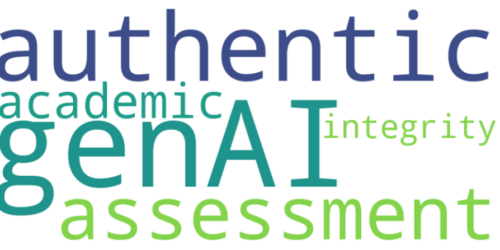Navigating Religious Accommodation Requests
Reading Time: 7 minutesBy: Dr. Sara Kafashan and Dr. Lauren Spring, with Sandrine Uwimana Some faculty may feel caught off guard if/when student requests for religious accommodations come their way. When navigating such religious accommodation requestions, it is imperative for Conestoga faculty to not only adhere to Conestoga’s Religious Holy Day and Spiritual Observance Policy and Procedure, but also the Ontario Human Rights...














